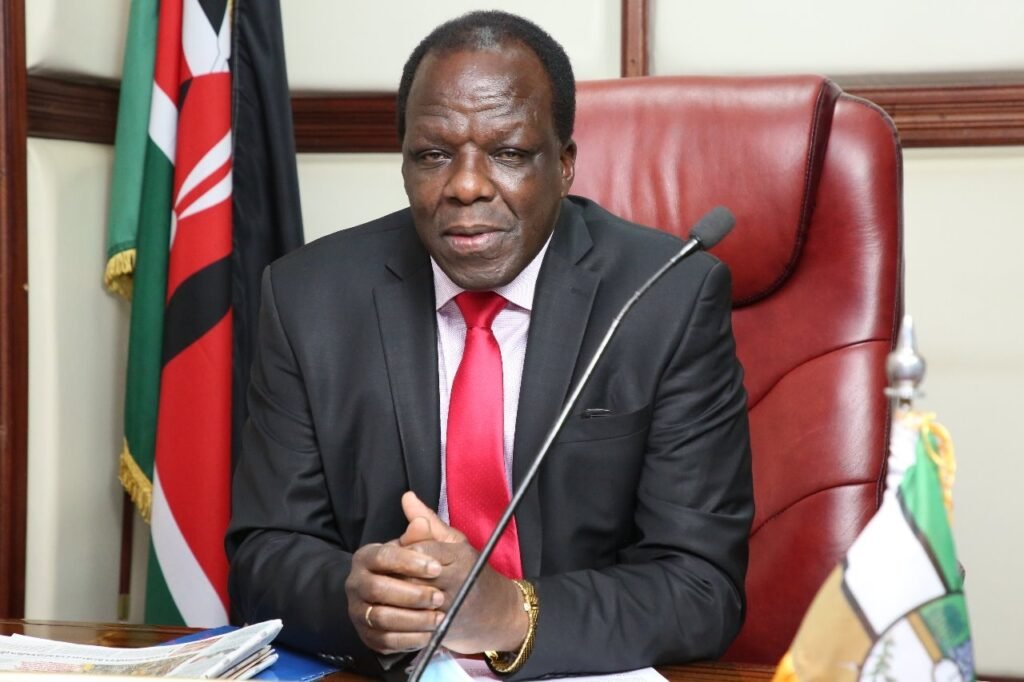A petition has been filed in court challenging Wycliffe Oparanya’s appointment as Cabinet Secretary for Cooperatives and Micro, Small, and Medium Enterprises Development.
Fredrick Mulaa, the petitioner, says it was illegal for the Director of Public Prosecution, Renson Ingonga, to review and later withdraw charges against Mr. Oparanya.
Mr Mulaa has argued that the decision of the DPP, which was made on 8th July 2024, to withdraw charges relating to corruption was not in the public interest and breach of legal requirements.
Further, that it ran counter to several fundamental principles of transparency, accountability, social justice, and good governance.
“In doing so, the 1st interested party’s nomination to the Cabinet Secretary disregards relevant material vital to the legislative and constitutional purpose of integrity that ought to be taken into account during the nomination,” the petitioner said.
The controversy centres on the DPP’s failure to charge Mr Oparanya, which Mr Mulaa claims was made to coincide with his appointment to the Cabinet. He claims this was not a decision taken after consultations with the EACC, which had initial recommendations to charge Mr Oparanya.
- EACC alarmed by rising cases of budgeted corruption in counties
- Senate to audit Isiolo County funds amid misuse allegations
- Obado’s corruption case resumes at Milimani Anti-Corruption Court
According to Mr Mulaa, the DPP’s reviewing alleged new evidence without any further investigation by the EACC, had undercut investigative powers vested in the anti-graft body. In his argument, that undermined very guidelines set out by the DPP for themselves and was also against public interest and justice, in particular since all these funds about to be squandered were derived from taxpayers’ money.
The EACC had earlier recommended the prosecution of Mr Oparanya following allegations that he received Sh56.7 million from a contractor hired by the Kakamega county government. Mr Oparanya has also defended himself, arguing that the money was a loan advanced to him by one of the contractors.
Mr Mulaa challenges this defence, arguing that acceptance of such a loan compromises the integrity of the office of the governor in violation of Article 75 of the Constitution.
He wants the court to declare that Mr Oparanya’s appointment to Cabinet is inconsistent with legal and constitutional standards of leadership and integrity, considering the illegal and irrational review of charges.



